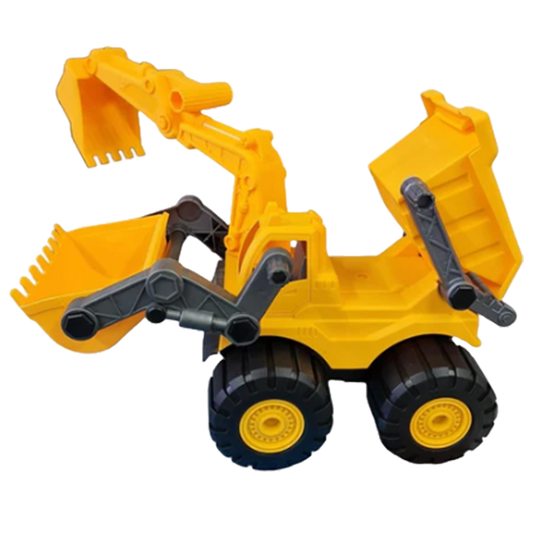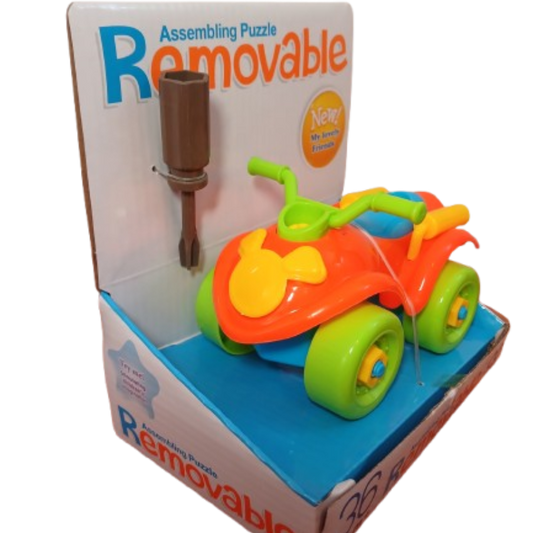
The Joy of Puzzles: A Guide for Toddlers
Share
Puzzles have been a beloved pastime for many years, captivating the minds of people young and old. For toddlers, puzzles offer a delightful challenge that exercises their brain and provides them with a sense of accomplishment when they finish with one. These puzzles are not just toys; they are tools for learning and development that your little one need.
History of Puzzles
The history of puzzles dates back to the 1760s when John Spilsbury, a London cartographer and engraver, created the first puzzle. Since then, puzzles have evolved into a variety of forms, becoming a staple in homes and educational settings worldwide. Today, they are available in various materials, including durable wooden pieces perfect for toddlers.
Benefits of Puzzles for Toddlers
- Cognitive Development: Puzzles help toddlers develop cognitive skills such as shape recognition, memory, and problem-solving. The vibrant colors and engaging themes of puzzles make learning fun and interactive. Each piece that fits into place reinforces the child’s ability to recognize patterns and shapes, which are foundational skills for future learning.
- Fine Motor Skills: Handling sturdy puzzle pieces improves toddlers' fine motor skills and hand-eye coordination. Large, durable pieces are ideal for little hands, ensuring a safe and enjoyable experience. As toddlers grasp and place each piece, they strengthen the muscles in their hands, which is crucial for writing and other tasks.
- Concentration and Patience: Completing a puzzle requires concentration and patience. Building puzzles improves your toddler's attention span and concentration. This will benefit them as they grow and face more complex tasks.
- Language Development: Parents can use puzzles as an opportunity to introduce new words to toddlers relating to the puzzle's theme and improving their language skills in a playful way. You describe the images on the puzzle and talk about the shapes and colors can enrich your toddler’s vocabulary and interpretation of what he sees.
- Social Skills: Working on puzzles with your little one enhances their social skills. They learn to communicate with others and speak about their ideas. When children work together to complete a puzzle, they learn the value of teamwork, communication, and sharing.
Choosing the Right Puzzle
Selecting the right puzzle for your toddler is key to ensure that they enjoy building it. Look for puzzles with large, easy-to-handle pieces made from sturdy materials like wood. Themes featuring animals, vehicles, or familiar objects can capture a child’s interest and make the experience more engaging and fun. Also, consider the puzzle's complexity and your little one's ability to build them; starting with simpler puzzles and gradually increasing difficulty can help maintain the child’s interest and build confidence.
We have a quite a few puzzles on our website and can browse. They are made of good quality materials and is durable, colorful and fun!
We have three cardboard floor puzzles for toddlers with big pieces and they are 60cm X 44cm when built. There are insect puzzles, forest animal puzzles and also zoo animal puzzles.


We also like wooden toys for toddlers and we have beautiful 60 piece wooden puzzles. So take a look for something your little one will like.

Conclusion
Puzzles are more than just a pastime; they are there to keep your little one busy while their fine motor skills and cognitive skills develop. Whether it's a simple wooden puzzle or a colorful animal-themed one, these puzzles make perfect gifts for babies and toddlers. Explore our toy store website for a wide range of puzzles that will delight and educate your little ones.













